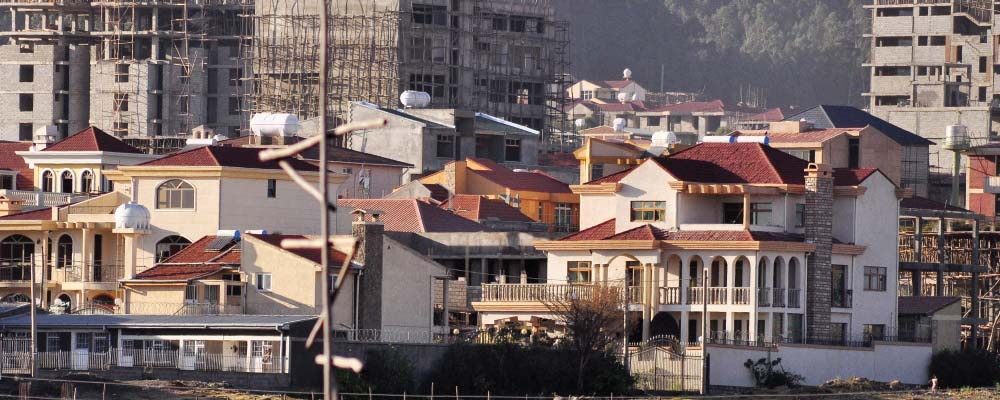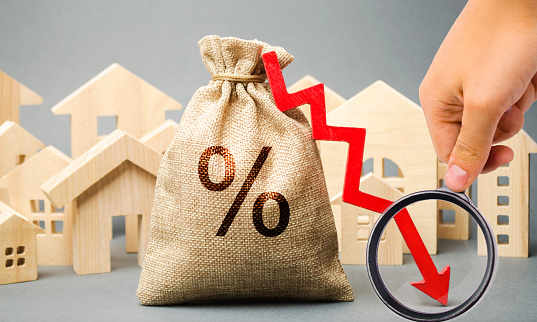Ethiopia offers a diverse range of real estate opportunities, from traditional homes in Lalibela to modern apartments in Addis Ababa. However, navigating the complexities of property investment in this dynamic market can be daunting. This comprehensive guide breaks down key insights, trends, and considerations to empower investors looking to capitalize on Ethiopia’s burgeoning real estate sector.
Investing in Real Estate in Ethiopia
Ethiopia has become an increasingly attractive destination for property investment due to its burgeoning economy, consistent growth rate, and rapidly urbanizing population. The country’s GDP growth was estimated at around 6.3% in 2021, indicating a robust economic environment that fuels real estate development.
Historically, the Ethiopian real estate market has shown resilience and growth, with certain types and locations consistently performing well. Residential properties in fast-growing cities like Addis Ababa are particularly lucrative, catering to the increasing demand from a growing middle class and expatriate community.
Trends Forecast for the Real Estate Market
Understanding the current trends in Ethiopia’s housing market requires a nuanced view of various factors influencing the market. In recent years, Ethiopia has seen a significant increase in urbanization, leading to a growing demand for housing in cities like Addis Ababa.
Looking at forecasts or predictions for the real estate market in Ethiopia, several factors come into play. The continued urbanization and economic growth could sustain the demand for housing, while Ethiopia’s large youth population seeking employment in urban areas could further boost the demand for residential properties.
Property Types, Prices, and Yields
Property investment in Ethiopia provides diverse opportunities, encompassing residential, commercial, and agricultural lands. In Ethiopian urban centers, the average prices of residential properties show considerable variation, with major cities like Addis Ababa experiencing relatively high prices due to demand.
In Ethiopian cities, the rental yield, representing the annual rental income as a percentage of the property’s value, can be appealing, with yields of 5% to 10% being fairly common. The demand for rental properties in urban centers is typically high, driven by migration for employment and education.
Regions Offering the Best Investment Opportunities
Foreigners seeking to purchase property in Ethiopia usually prefer areas that combine cultural richness, economic potential, and lifestyle advantages.Cities such as Bahir Dar and Hawassa are frequently highlighted as budget-friendly yet promising for investment.
Addis Ababa, the capital city, is a top choice for many because it serves as the country’s political and economic center. The city’s growing middle class and continuous infrastructure developments signal its potential for property value appreciation.
Conclusion:
Investing in Ethiopian real estate presents a promising opportunity fueled by economic growth, urbanization, and government reforms. Understanding market trends, property types, and investment regions is crucial for success. Foreign investors must navigate legal nuances, financing challenges, and mitigate risks to maximize returns. By leveraging expert insights and local knowledge, investors can unlock the full potential of Ethiopia’s vibrant real estate market.




